About TRISIM
TRISIM intends to be an international leading research and development institute for simulation-based education in healthcare and continuous professional development for simulation instructors. We aim to establish: an open thinktank for diverse innovations applied to healthcare simulation, an inspiring and innovative research community, and a leading partner for developing and maintaining state of the art (inter)national continuous life-long learning curricula for simulation-based education professionals.
The Maastricht University Medical Centre+ (MUMC+) and the Faculty of Health, Medicine and Life Sciences (FHML) of Maastricht University are internationally well known and recognised for their engagement and expertise in simulation-based education. Within those institutes, there are mainly four departments that provide simulation-based education in healthcare and/or conduct research in that domain.
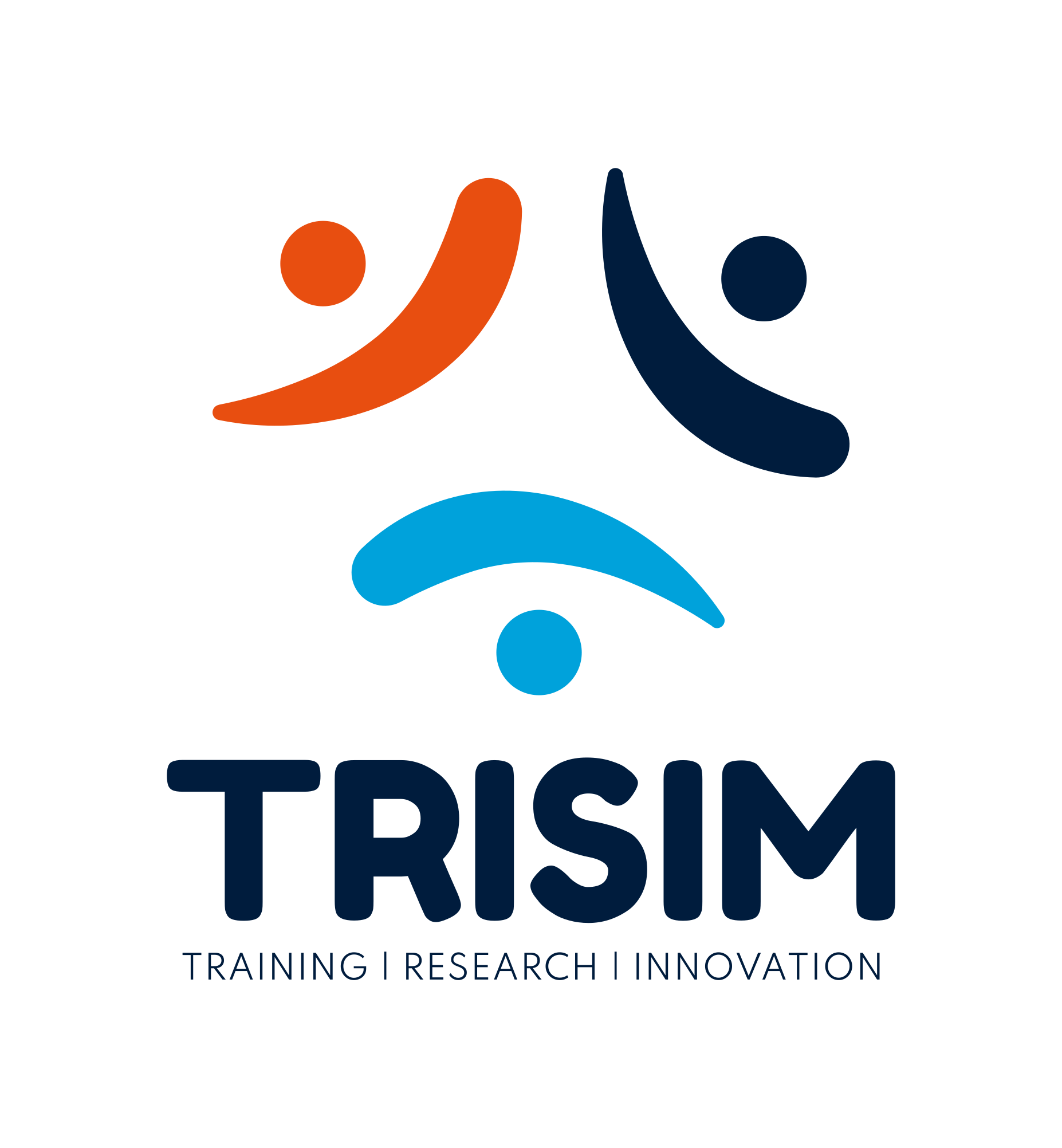
MUMC+ Simulation Center
The Simulation Center of the MUMC+ provides part-task, partial team, and native team training using non-human simulation (high fidelity models) for approximately 6000 students per year. This comprises mainly postgraduate training for nurses and physicians.
FHML Skillslab
The FHML Skillslab uses low fidelity models and human simulation and provides simulation-based education for approximately 2000 undergraduate medical students and 30 nurse practitioners per year.
School of Health Professions Education (SHE)
SHE is a world-leading research school in health professions education with currently close to 100 PhD candidates and over a dozen finalized PhD theses with regards to simulation-based education in the last five years.
Department of Educational Development & Research (EDR)
The department of EDR provides educational support within the faculty and the MUMC+ in the following four domains: Faculty Development, Instructional Design and e-Learning, Programme Evaluation and Assessment.
Vision & Mission
In the last few years these four departments intensified their collaborations, resulting in several shared projects. But despite the increasing collaboration, there was considerable fragmentation of knowledge and expertise regarding research on simulation-based education. Multiple researchers and staff members are involved in this, but best practices, tools, infrastructure, and knowledge were not always shared between colleagues and across departments. A ‘simulation day’ organised in January 2021 brought together more than 30 interested staff members all connected to the MUMC+, illustrating there is great demand for connection and exchange of ideas. Following this simulation day, the idea was born to bring experience, knowledge, and research of the different groups together and start building a virtual expertise centre for simulation-based education in healthcare in Maastricht. The expertise centre can mitigate fragmentation of expertise and facilitate collaboration between departments and staff, ultimately leading to high-quality educational activities involving non-human and human simulation that strengthen the transition and transfer of complex skills into daily practice and thereby inducing improvements in patient safety.
TRISIM intends to be an international leading research and development institute for simulation-based education in healthcare and continuous professional development for simulation instructors. We aim to establish: an open thinktank for diverse innovations applied to healthcare simulation, an inspiring and innovative research community, and a leading partner for developing and maintaining state of the art (inter)national continuous life-long learning curricula for simulation-based education professionals in healthcare.
Mission:
- To combine and bundle knowledge, experience, facilities, and research with regards to healthcare simulation in Maastricht and (inter)nationally.
- To establish a platform for connecting and sharing experiences, knowledge, data, and research facilities.
- To establish a sustainable infrastructure for international research in the field of healthcare simulation.
- To stimulate, endorse and establish safe, effective, and stimulating teaching and learning environments which strengthen the transfer of knowledge, skills, and attitudes for (future) healthcare professionals to their workplace and hereby positively affecting patient safety.
Management team
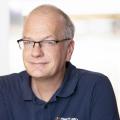
Uli Strauch
TRISIM Director, Director MUMC+ Simulation center, President DSSH, Treasurer SESAM, Intensivist

Femke Jongen-Hermus
Head of the FHML Skillslab
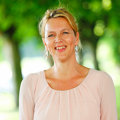
Ingrid Caubergh
Coordinator Communication- and Reflection (CORE) at Maastricht University Geneeskunde
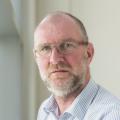
Jeroen van Merriënboer
Professor Learning & Instruction, Dept. of Educational Development and Research, School of Health Professions Education
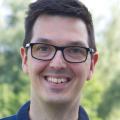
Jimmy Frerejean
Assistant Professor, Dept. of Educational Development and Research, School of Health Professions Education